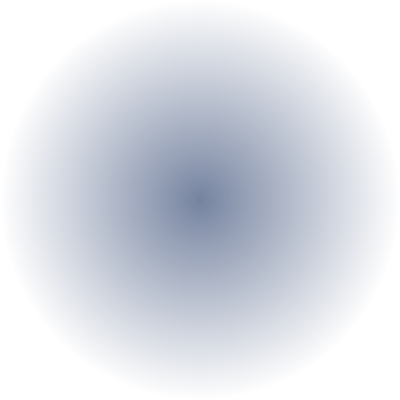The life sciences sales environment is uniquely dynamic, requiring collaboration and innovation to navigate complex challenges and drive results. But what happens when fundamental differences in how individuals process and engage with the world create friction instead of synergy? For years, introverts have been mischaracterized as shy or disengaged, while extroverts have faced unfair labels of being pushy or frivolous. These misconceptions not only harm workplace relationships but also hinder the full potential of sales teams and their interactions with healthcare providers, researchers, and clients.

So why does understanding personality type matter in life sciences sales? We wrote about this in our recent ebook: The Science of Coaching Introverts vs. Extroverts.
Let’s unpack a few of the critical differences that factor in team success, as we discuss in that ebook — and how you can foster better communication and collaboration across the spectrum.
Understanding All Life Science Sales Team Members
Introverts, extroverts, and even the often-overlooked ambiverts make up the rich tapestry of personalities in life sciences sales teams. Each type brings unique strengths, and no type is intrinsically better — but they also have specific needs that shape how they thrive in high-pressure environments. The key difference between introverts and extroverts lies in how they respond to stimulation:
- Introverts recharge in solitude, preferring quiet environments for thoughtful reflection and preparation.
- Extroverts gain energy from social interactions and external stimuli
- Ambiverts balance traits from both ends of the spectrum, adapting based on the situation.
Unfortunately, a lack of understanding of these differences often results in workplace stereotypes. Introverts may be perceived as aloof or unapproachable, while extroverts might be seen as overbearing or distracted. These myths stem from miscommunication and an inability to see beyond surface-level behaviors.
Breaking Down Misconceptions
Let’s look at some common stereotypes within the context of life sciences sales teams:
- How extroverts see introverts: Shy, socially awkward, disengaged, or hesitant to speak up during client meetings.
- How introverts see extroverts: Loud, egotistical, exhausting, or too quick to promise solutions without a full analysis.
In reality, these traits often reflect misunderstandings rather than truths. For example, introverts aren’t disengaged — they’re deliberate, carefully analyzing data or preparing client presentations. Extroverts aren’t shallow — they’re energized by connection and excel at building relationships with stakeholders. Recognizing and respecting these differences can dissolve tension and foster a culture of mutual appreciation.
4 Practical Tips for Bridging the Gap
To create an inclusive environment that values all personality types, consider these strategies:
- Diversify Client Engagement Approaches
- Combine solo preparation with team presentations. Introverts excel when given time to reflect on product data or study client needs, while extroverts thrive in live discussions and negotiations. Allow space for both approaches.
- Embrace Personality Assessments
- Tools like personality surveys can help sales teams better understand each other’s preferences. This fosters empathy and provides a shared language for discussing needs, particularly when engaging with diverse clients such as healthcare providers or regulatory professionals.
- Promote a Balanced Sales Culture
- Avoid over-reliance on extroverted activities like high-energy team huddles or back-to-back client calls. Equally, ensure introverts have opportunities to contribute insights during strategic planning or account reviews.
- Leverage Ambiverts as Connectors
- Ambiverts often understand both sides of the spectrum and can serve as bridges between introverted and extroverted team members. Tap into their adaptability to ease collaboration and client interactions.
Learn more about coaching a neurodiverse team
Creating a sales team where all personality types can thrive requires intention and understanding. If you’re ready to take your leadership and coaching skills to the next level, our eBook, The Science of Coaching Introverts vs. Extroverts, offers actionable insights tailored to today’s diverse life sciences sales teams. Discover practical techniques to:
- Coach introverts without overwhelming them.
- Guide extroverts to harness their energy effectively.
- Build a culture where ambiverts shine as facilitators.
Download the eBook now to learn how you can unlock the full potential of your team and foster stronger connections with the healthcare and research professionals you serve.
At RLDatix, we believe that understanding your team’s unique strengths is the key to long-term success in the life sciences industry. Let’s work together to create environments where every representative feels empowered to excel.
